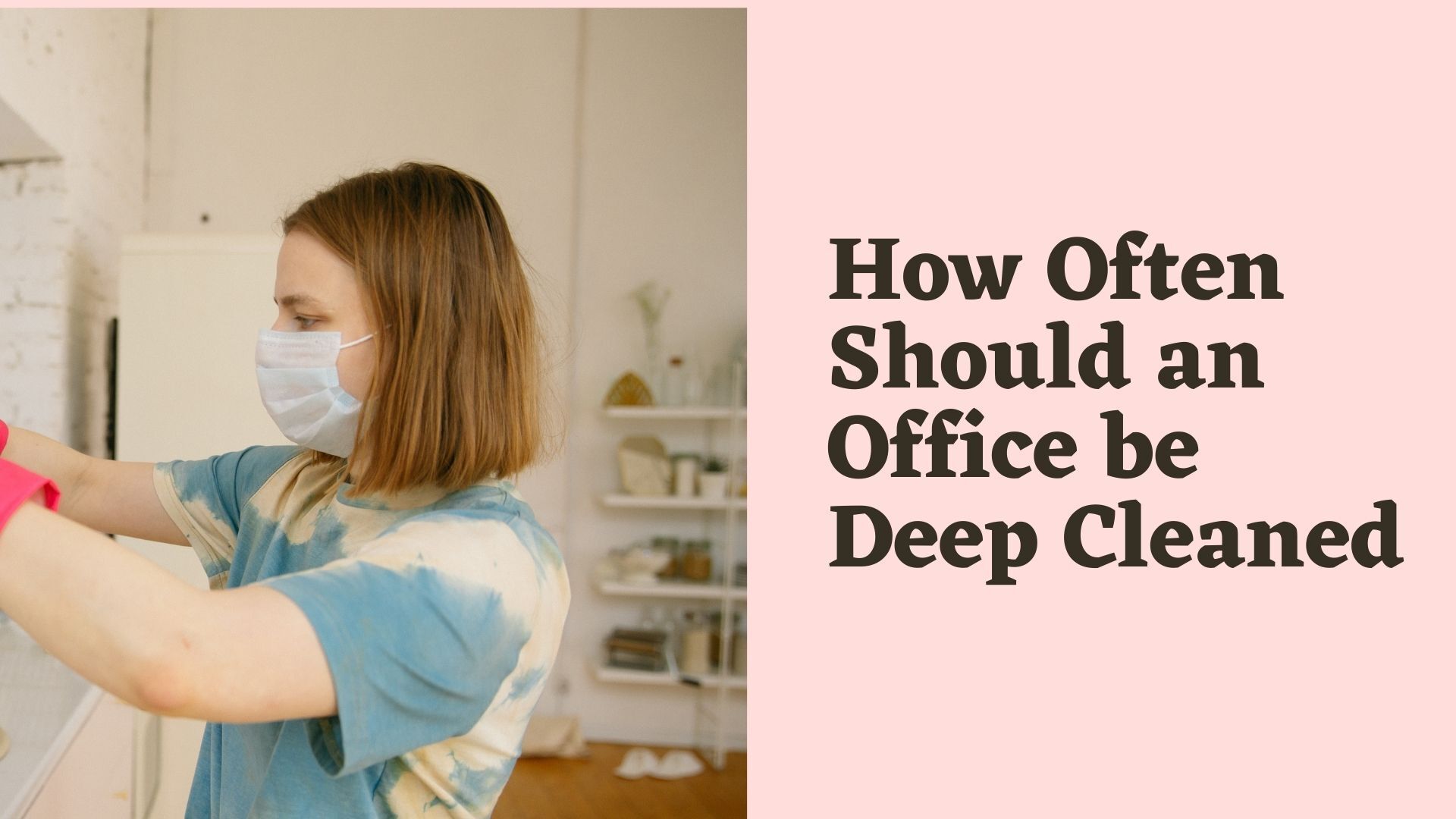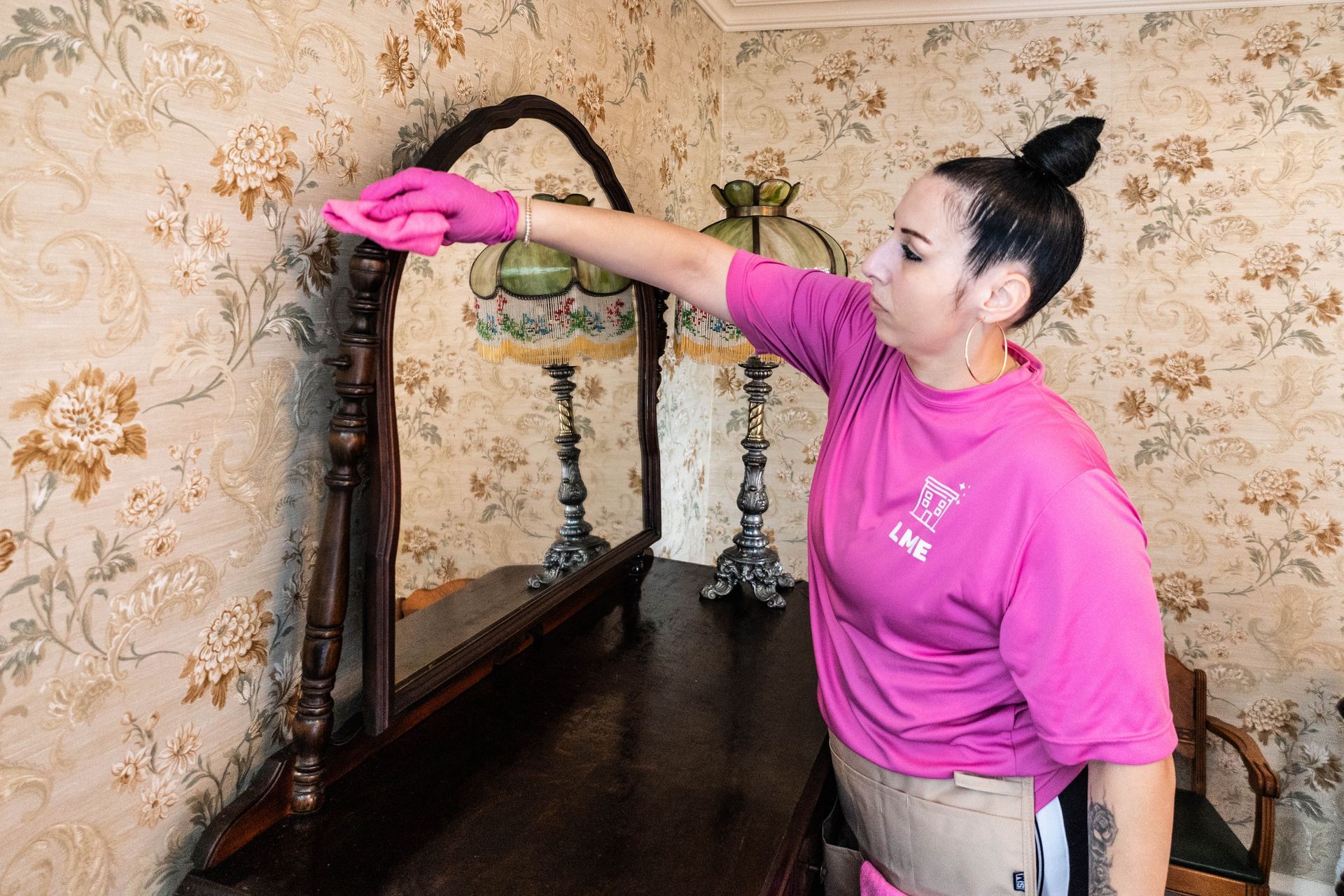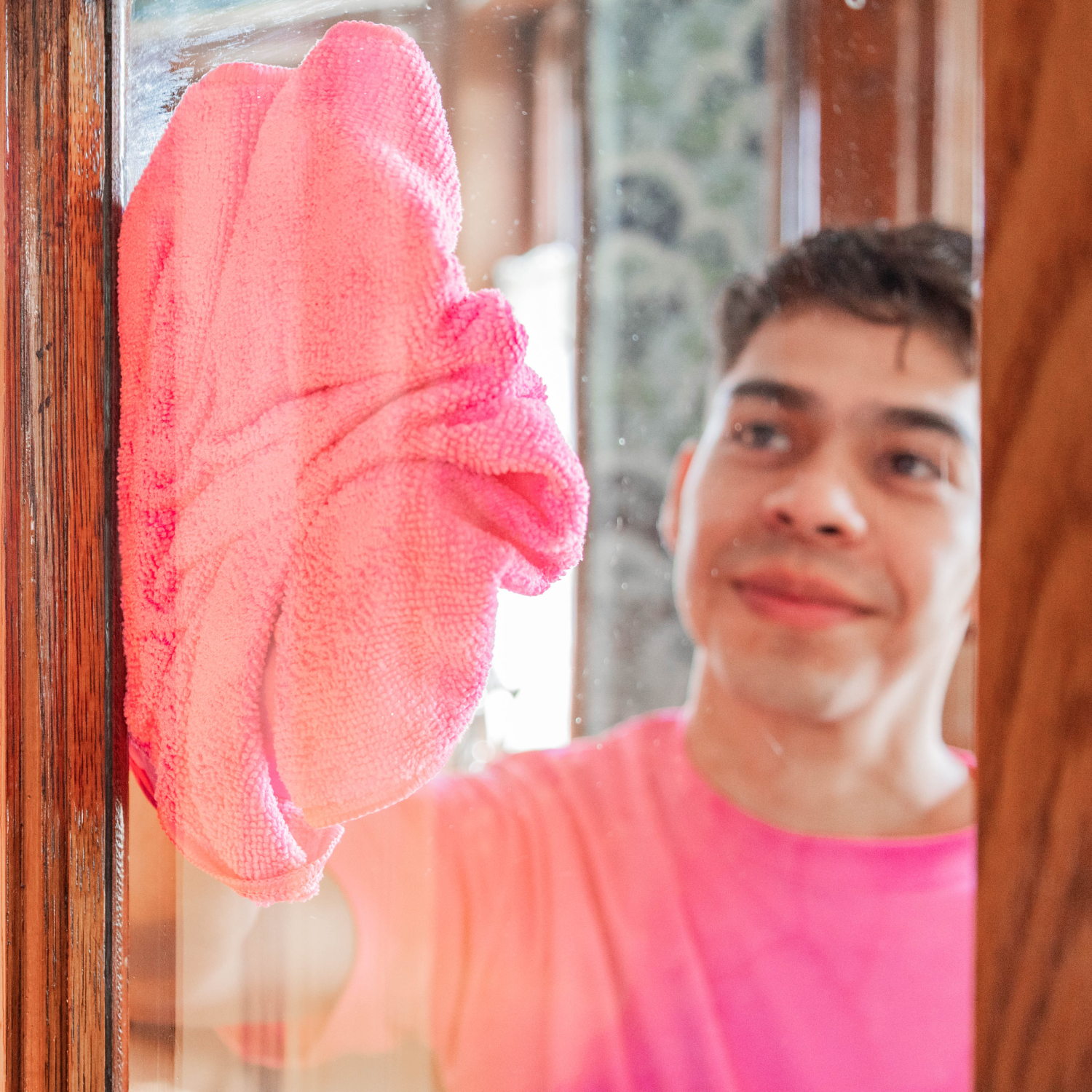How Often Should an Office Be Deep Cleaned

Office for any person is like a second home, it’s the place where we spend most of our time, next to our homes. A business thrives when the productivity of employees is at the max. We can’t overemphasize the fact that a clean office space is a necessity in today's era.
A clean office invites fewer germs and bacteria, gives a visually appealing environment and of course, is great for health and safety reasons.
Why is office cleaning necessary?
Everything has changed ever since the pandemic hit us - the way we meet people, we work or the way we go out. Cleanliness and hygiene are at the top priority for everyone, and especially for the offices that regularly involve in and out of customers.
So if you’re a business owner, office cleaning is absolutely necessary.
What factors should you consider before deciding to get your office cleaned?
1) Size of the office
When determining how often an office should be deep cleaned, one of the crucial factors to consider is the size of the office space. If you’re a small business then there is a chance that you may not require a professional cleaning company for your cleaning requirements quite frequently.
Larger offices with more square footage tend to accumulate dust, dirt, and germs at a faster rate due to increased foot traffic and higher occupancy. For such spacious offices, a more frequent deep cleaning schedule is essential to maintain a clean and healthy environment.
On the other hand, smaller offices may require less frequent deep cleaning, but it's equally vital to ensure that cleaning tasks are not neglected. Tailoring the deep cleaning frequency to match the size of the office is a strategic approach that helps businesses uphold a pristine and inviting workspace for their employees and clients alike.
2) Number of employees
The number of employees using the space plays a significant role when determining the ideal frequency for deep cleaning an office. Offices with a higher number of employees tend to experience increased foot traffic and higher levels of activity, leading to a quicker buildup of dirt, germs, and clutter.
In such bustling work environments, it's crucial to implement a more frequent deep cleaning schedule to ensure a hygienic and pleasant workspace. If you operate with over 10 employees, hygiene is something that one should always consider. Not only does this keep the office clean, it directly impacts the behaviour and mood of employees too.
On the other hand, smaller offices with a limited number of employees might not require as frequent deep cleaning, but regular maintenance should still be prioritized to sustain a healthy and productive atmosphere.
By considering the number of employees in the office, businesses can tailor their deep cleaning regimen to suit the specific needs of their workspace.
3) Carpeting
Carpets act as magnets for dirt, dust, and allergens, especially in high-traffic areas of the office. Over time, these particles can accumulate within the carpet fibers, leading to a less hygienic environment and potential health concerns for employees.
If we were to compare an office with a high amount of carpeting and an office with a lesser amount of carpeting, the former, for obvious reasons, needs an in-depth and regular cleaning. Carpets’ fabric have a tendency to attract dust towards them and those tiny dust particles have a high propensity to invite allergic reactions .
Offices with carpets should implement a regular deep cleaning schedule, ideally every six to twelve months, to remove embedded dirt and revitalize the appearance and air quality of the workspace.
What kind of cleaning should you go for?
1) Regular Office Cleaning
Regular cleaning, as the name suggests, means frequent cleaning of the office space. It could be daily, weekly and monthly. Regular cleaning involves but is not limited to light vacuuming, disposing off garbage, etc
2) Deep Office Cleaning
Deep cleaning is an intense cleaning where every nook and corner is thoroughly examined while cleaning. Deep cleaning is not something that offices require frequently but still, it is recommended to get a deep clean done every once in a while.
Deep cleaning in today’s world is vital for the safety and health of your employees and any other stakeholder involved in business.
Conclusion
Clean offices add value to businesses, not only by impacting employees but also by impacting customers who visit your office, therefore hiring a professional cleaning company is a great step.
If you’re looking for a great professional cleaning company in Philadelphia, Life Maid Easy is there for you. What’s more? We offer a free quote to you once you send us your requirements.



